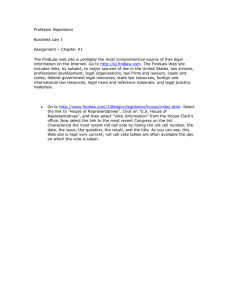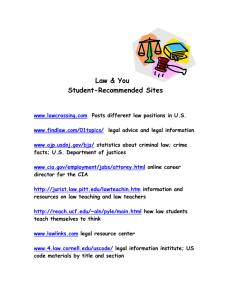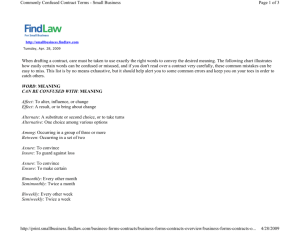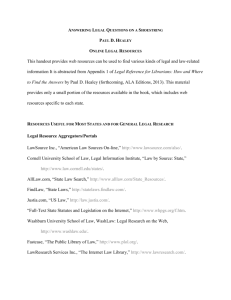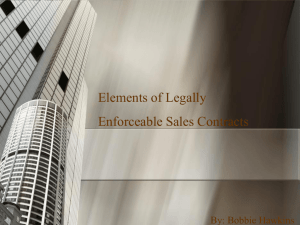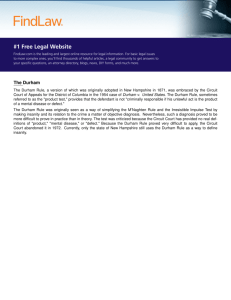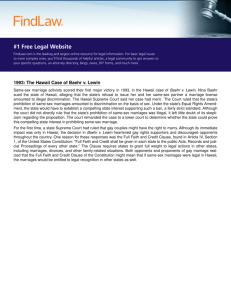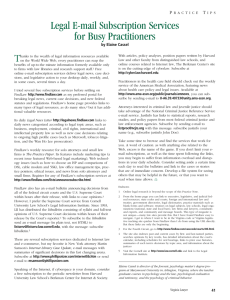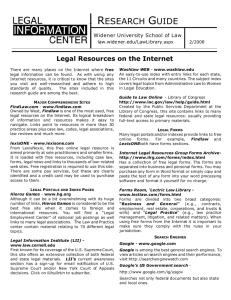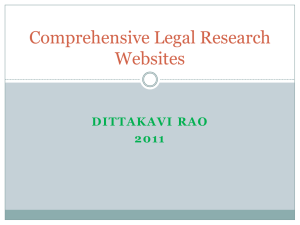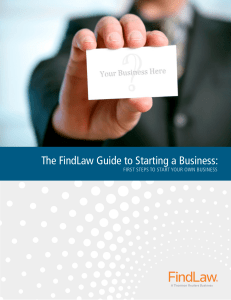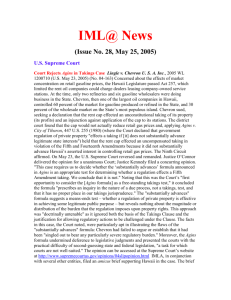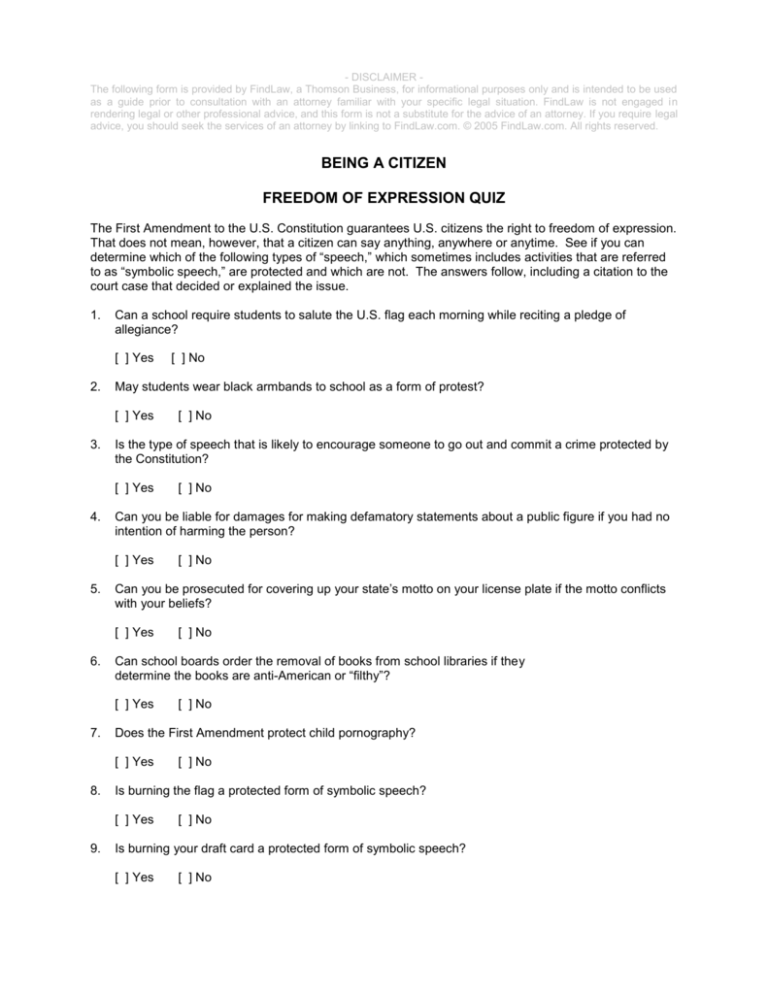
- DISCLAIMER The following form is provided by FindLaw, a Thomson Business, for informational purposes only and is intended to be used
as a guide prior to consultation with an attorney familiar with your specific legal situation. FindLaw is not engaged in
rendering legal or other professional advice, and this form is not a substitute for the advice of an attorney. If you require legal
advice, you should seek the services of an attorney by linking to FindLaw.com. © 2005 FindLaw.com. All rights reserved.
BEING A CITIZEN
FREEDOM OF EXPRESSION QUIZ
The First Amendment to the U.S. Constitution guarantees U.S. citizens the right to freedom of expression.
That does not mean, however, that a citizen can say anything, anywhere or anytime. See if you can
determine which of the following types of “speech,” which sometimes includes activities that are referred
to as “symbolic speech,” are protected and which are not. The answers follow, including a citation to the
court case that decided or explained the issue.
1.
Can a school require students to salute the U.S. flag each morning while reciting a pledge of
allegiance?
[ ] Yes
2.
May students wear black armbands to school as a form of protest?
[ ] Yes
3.
[ ] No
Is burning the flag a protected form of symbolic speech?
[ ] Yes
9.
[ ] No
Does the First Amendment protect child pornography?
[ ] Yes
8.
[ ] No
Can school boards order the removal of books from school libraries if they
determine the books are anti-American or “filthy”?
[ ] Yes
7.
[ ] No
Can you be prosecuted for covering up your state’s motto on your license plate if the motto conflicts
with your beliefs?
[ ] Yes
6.
[ ] No
Can you be liable for damages for making defamatory statements about a public figure if you had no
intention of harming the person?
[ ] Yes
5.
[ ] No
Is the type of speech that is likely to encourage someone to go out and commit a crime protected by
the Constitution?
[ ] Yes
4.
[ ] No
[ ] No
Is burning your draft card a protected form of symbolic speech?
[ ] Yes
[ ] No
10. Can a city enact an ordinance that bans “hate speech,” such as burning a cross or a swastika, that
might arouse anger, alarm, or resentment in others on the basis of race, color, religion, or gender?
[ ] Yes
[ ] No
11. Can a city enact an ordinance forbidding residents to place protest signs on their lawns?
[ ] Yes
[ ] No
12. Is it okay to yell “Fire!” in a crowded theatre?
[ ] Yes
[ ] No
ANSWERS:
1. No. West Virginia State Board of Education v. Barnette, 319 U.S. 624 (1943)
2. Yes. Tinker v. Des Moines School District, 393 U.S. 503 (1969)
3. No. Brandenburg v. Ohio, 395 U.S. 444 (1969)
4. No. Gertz v. Robert Welch, Inc., 418 U.S. 323 (1974)
5. No. Wooley v. Maynard, 430 U.S. 705 (1977) (motto in that case was “Live Free or Die”)
6. No. Board of Education v. Pico, 457 U.S. 854 (1982)
7. No. New York v. Ferber, 458 U.S. 747 (1982) (nor does it protect obscenity, defamation, incitement,
or “fighting words”)
8. Yes. Texas v. Johnson, 491 U.S. 397 (1989)
9. No. Barnes v. Glen Theatre, Inc., 501 U.S. 560 (1991) (reiterating the “O’Brien Test”)
10. No. R.A.V. v. City of St. Paul, 505 U.S. 377 (1992)
11. No. City of Ladue v. Gilleo, 512 U.S. 43 (1994)
12. No. Schenck v. United States, 249 U.S. 47 (1919)
Page 2 of 2

